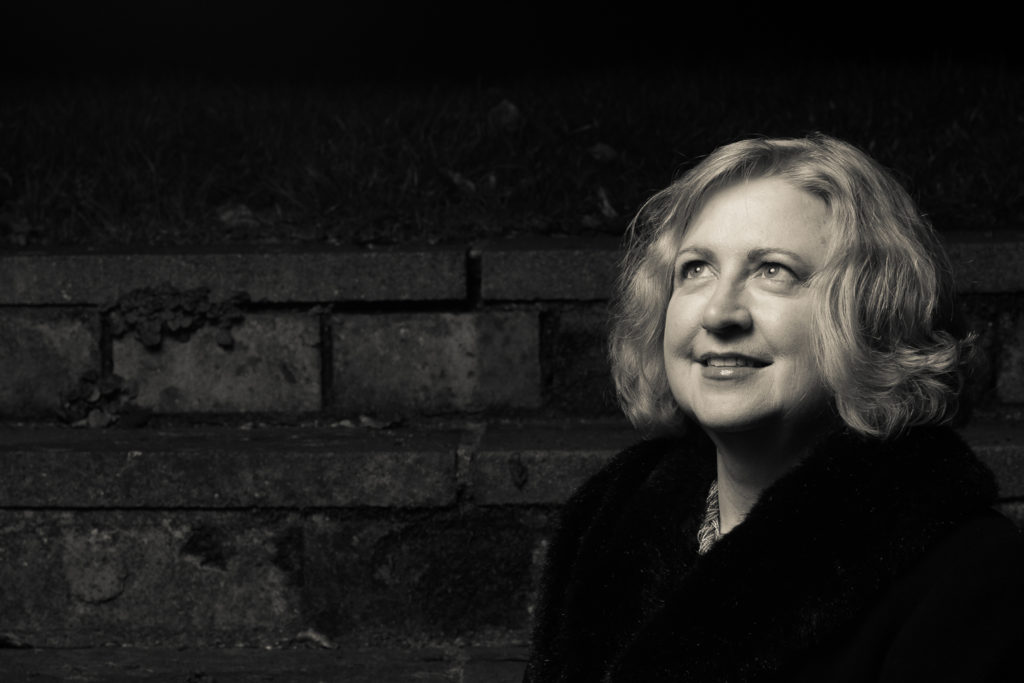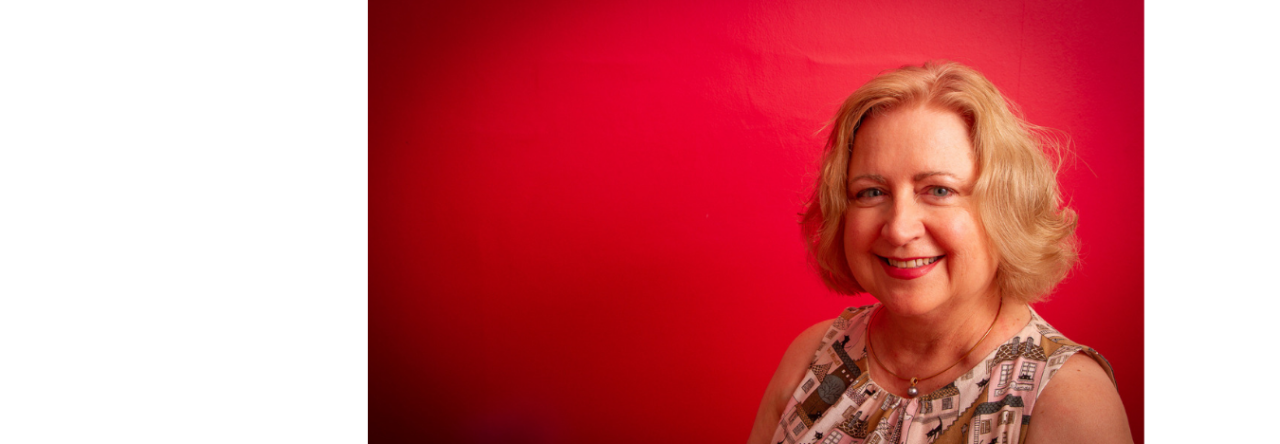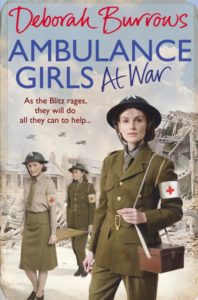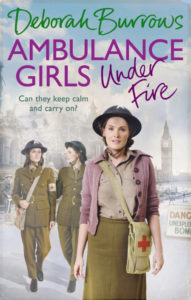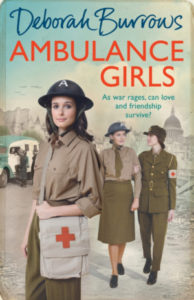Deborah was born at sunrise, on a Sunday in April more than a few years ago. Her place of birth, strictly speaking, was Fremantle, Western Australia, a port city close to the Indian Ocean, where the scent of salt is always in the wind.
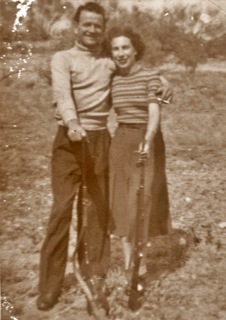
She grew up in Perth, WA, the much-wanted only girl in the family, a happy middle child, with two adoring older brothers and a younger brother who (until he grew bigger than her) was content to be bossed around in imaginary games.
Sadly Deborah’s father died when she was four years old, as a result of his service in the Second World War. He was one of the “Double Reds of Timor”, the Australian 2/2 Commando Squadron, of whom Winston Churchill said: “Little known but great in spirit are the men of Timor. They alone did not surrender.”
As soon as she could read, Deborah always had a book in her hand and another close by. She still has least two books ‘on the go’ at any given time.
She became a published writer at the age of eight when the children’s section of her local newspaper published her poem, Dewdrops. It contained the immortal lines:
Dewdrops are the fairies’ diamonds, and each blade of grass an emerald shining.
Oh, how I love to awake in the morning, and see the dewdrops as the day is dawning.
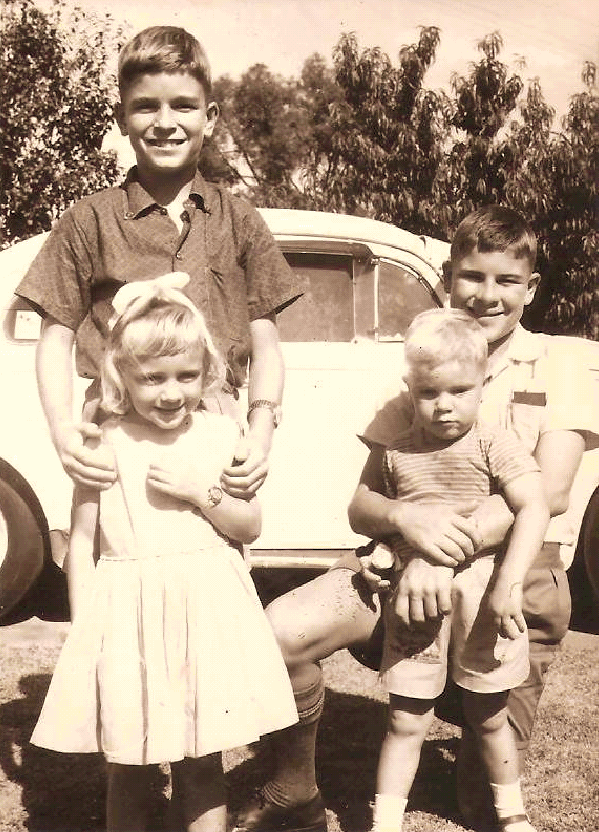
Her mother and brothers saw the poem as evidence of her brilliance. Buoyed by their admiration, other poems soon followed and two more were published in the local newspaper: December Under Capricorn and The Hungry Hunter (one of her ‘cat’ series).
Sadly, Deborah peaked too early. After The Hungry Hunter, her literary career stalled. But she found other ways to fill her time such as watching classic movies on television (she still manages to astonish her husband by the sheer number of 1940s/50s movies she has seen and remembers). Also sitcoms of the 50s, 60s and 70s.
And she continued to read, and read, and read.
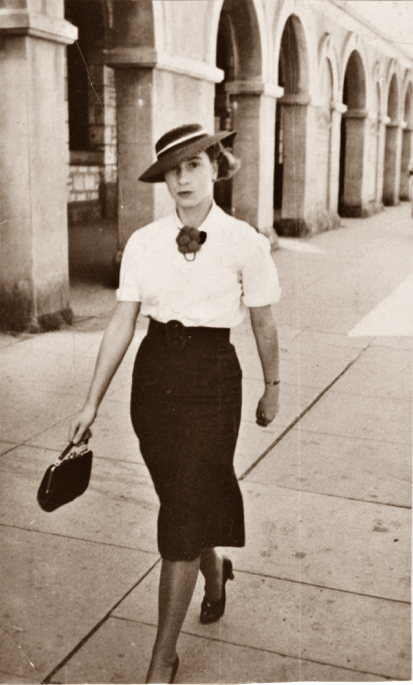
Deborah’s favourite subject at school was history, and upon leaving school she enrolled in an Arts degree, intending to major in History. Her mother (who had been widowed at the age of 43 with four young children) had other ideas and impressed upon her daughter that a woman needed to be able to make her own living. Her mother said “I always thought Law was a good career for a girl”. Mothers usually know best. A degree in Law followed.
In 1981, Deborah was admitted as a Barrister, Solicitor and Proctor of the Supreme Court of Western Australia and the High Court of Australia. She wore suits and learned how to stand her ground against male lawyers who thought that a 156cm (5’ 1”) woman would be a pushover. She wasn’t. Most of her legal career was spent at the State Solicitor’s Office in Perth, where she specialised in medical law.
But her love of history remained. A glutton for punishment, she completed her Arts Degree part-time and ended up with a first class honours degree in history. Next she completed a Master of Philosophy in Medieval and Renaissance Studies.
Then, for something completely different, she took a year off and went to Oxford University and obtained a Master of Science Degree in Medical History. She fell in love with the beautiful city and was desolate at leaving to return to Perth. Then she smelled the eucalyptus and saw the blue, blue sky and was happy to be home.
What next? She married a man who, like her brothers, thought she could do anything. When she whispered that her ambition had always been to write a novel he said, “Go on then. You can do it.”
Deborah rushed to the computer and wrote a very bad fantasy novel. No agent wanted to look at it.
Undeterred, she read two books on how to write a novel, after which she decided:
- to write what she knew;
- to use her talents; and
- to write what she’d like to read.
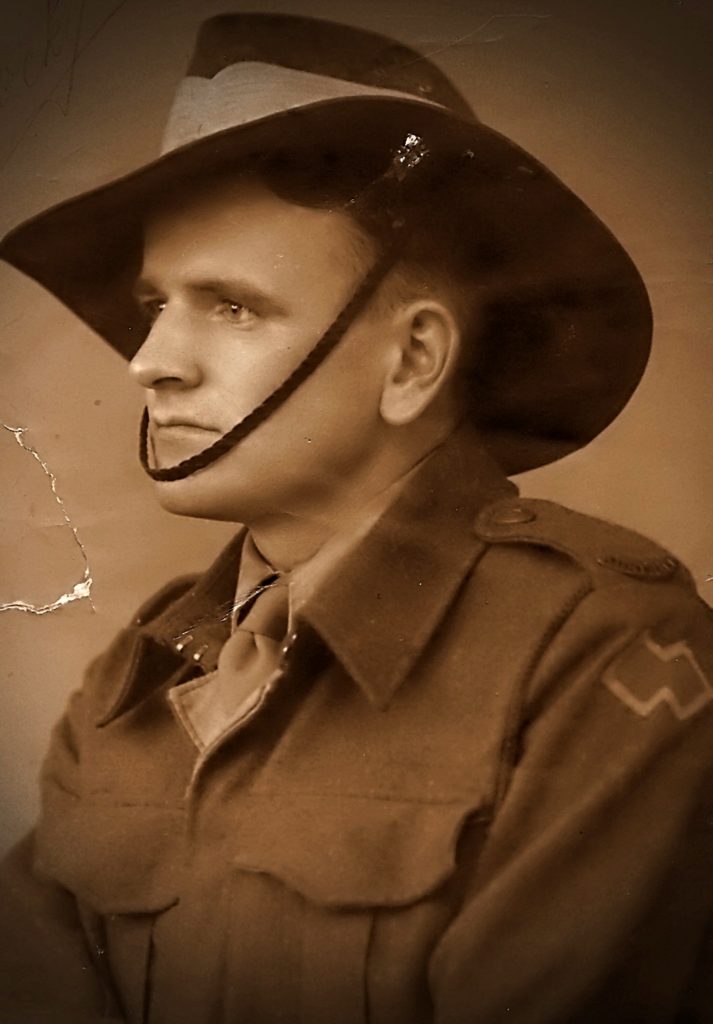
She had grown up on her mother’s stories about Perth in wartime. Being Perth born and bred, she had an intimate knowledge of the older part of her city. After three history degrees and a legal career, she knew how to research. She knew about medical matters. Her father had been a war hero who died too young; she wanted to write about the impact of war on men. She loved history and she loved to read murder mysteries.
And so her first novel, A Stranger in my Street (a murder-mystery set in wartime Perth) was crafted. It was accepted by a lovely agent, who telephoned her on her birthday in 2011 to say that Pan Macmillan Australia wanted to publish the novel. She drank lots of champagne.
Pan Mac also published her next two novels, Taking a Chance and A Time of Secrets.
Then, in 2014, when her husband was offered a position in the UK, she moved back to her beloved Oxford. There she became interested in the London Blitz, and especially in the bravery of the female ambulance drivers. The result was Ambulance Girls.
The lovely people at Ebury Press offered her a contract not just for Ambulance Girls but for another two novels. Ambulance Girls Under Fire and Ambulance Girls at War followed.
Deborah is now a full-time author. She lives in Oxford with her husband, but she returns to Perth frequently to visit step-children, brothers, step-grandchildren, nieces, nephews, great-nieces, great-nephews and great friends.
She still loves to read, and still loves classic movies and old sitcoms. And champagne.
